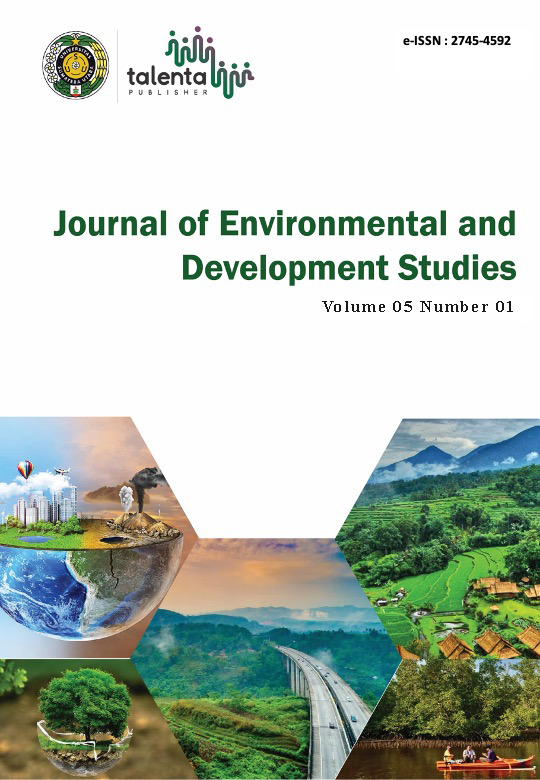The Effect of Education, Health and Social Expenditure Allocations on the Human Development Index (HDI) Level of the City District Aceh Province
Keywords:
village fund, development, Empowerment, development program, community welfareAbstract
This study explores the effects of government expenditure allocations in education, health, and social sectors on the Human Development Index (HDI) levels in Aceh Province, Indonesia. The Human Development Index, introduced by the United Nations Development Programme, measures a country's achievements in health (life expectancy), education (mean years of schooling and expected years of schooling), and standard of living (GNI per capita). Recognizing the pivotal role these expenditures play in enhancing community welfare, this research aims to address the critical issues of economic disparities and limited access to education and healthcare in the Babussalam District, Southeast Aceh Regency. By employing a quantitative approach and analyzing data from 314 respondents through multiple regression analysis, the findings indicate that allocations for education, health, and social programs significantly influence the HDI levels, highlighting the crucial impact of targeted government spending on improving human development outcomes. The study underscores the importance of development and empowerment programs, advocating for strategic investments in these key area to foster community welfare and development
Downloads
Downloads
Published
Issue
Section
License
Copyright (c) 2024 Journal of Environmental and Development Studies

This work is licensed under a Creative Commons Attribution-ShareAlike 4.0 International License.














